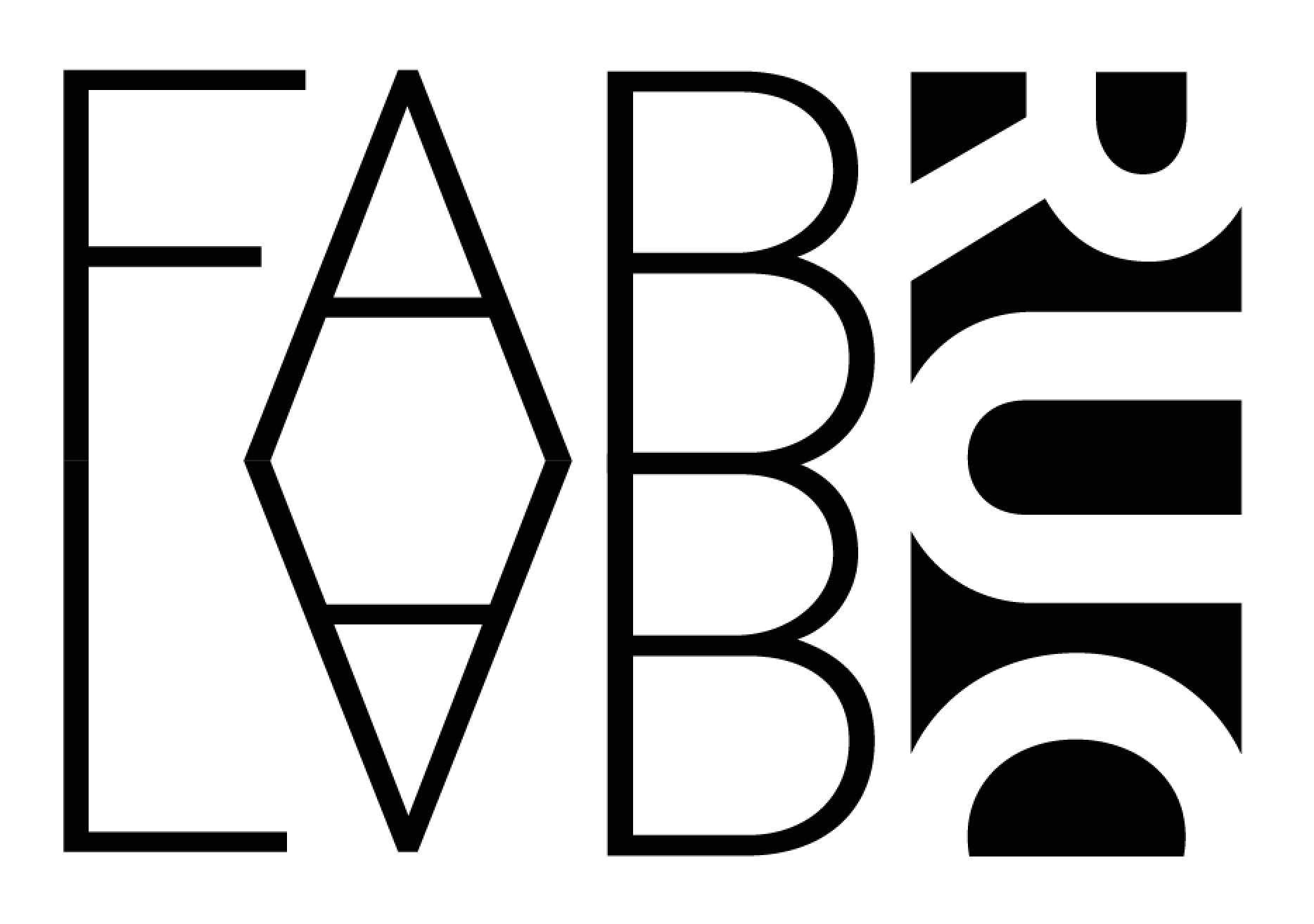Experience learning and BioFabLab
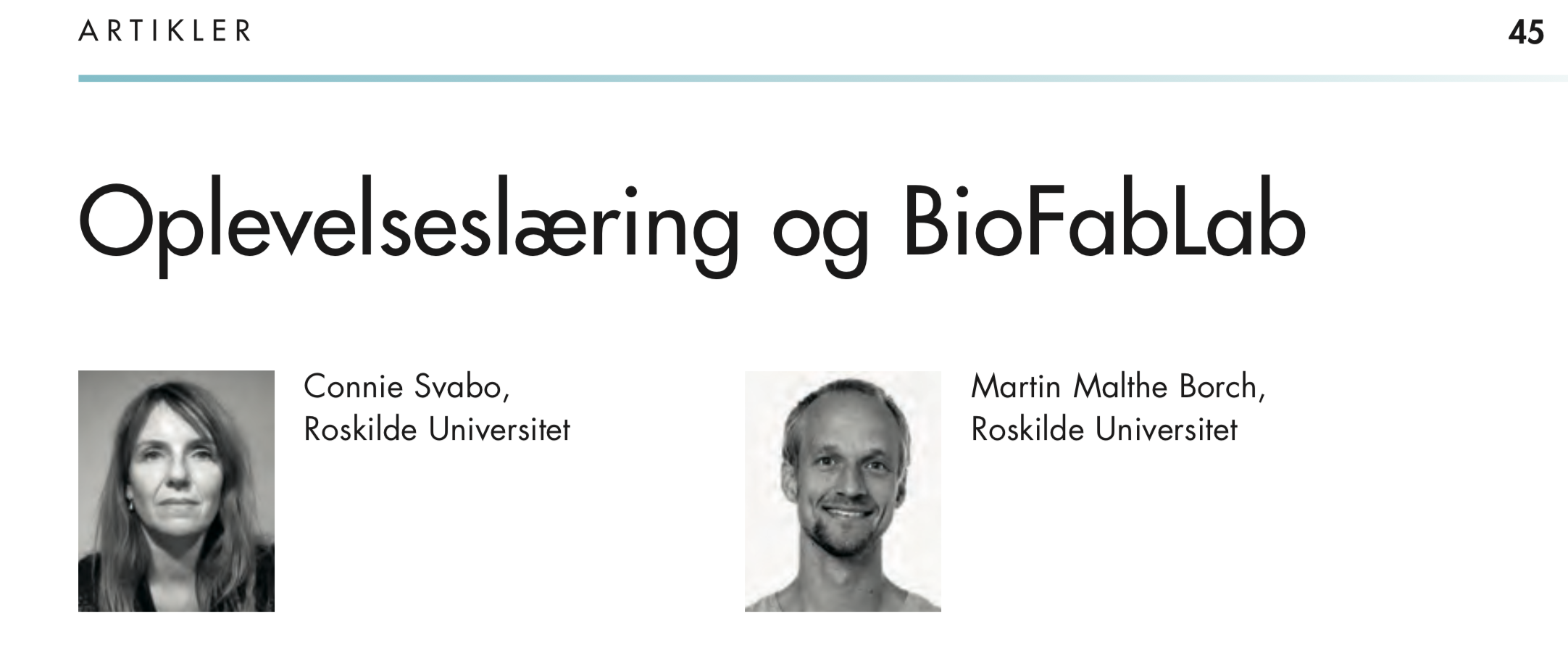
By Connie Svabo & Martin Malthe Borch
This paper describes and explores the didactical framework and the teaching philosophy at the fablab, based on two cases from the biofablab. Biostone, a project on bacteria turning sand into stone and a project about Black soldier fly larvae, and substituting soy with insects in meat production.
The paper is published in MONA, a journal on didactics within Mathematics and Natural Science. (MONA Tidsskrift for undervisere, formidlere og forskere inden for matematik- og naturfagsdidaktik). It is in Danish. The article can currently be bought, and is available for subscribers from their homepage. It's publicly available from the 5th of marts 2021.
Key Take Home Message
We believe that students benefit from engaging with two different knowledge and learning paradigms. On one side the theoretical and analytical approach, and on the other side the experience and design based approach. We don't think that one is better than the other. We enjoy an open ended curiosity and material based exploration as well reading up on the theory. Often, it's when you shift between the two that you get great results, progress and learning.
Abstract (ENG)
This article describes Roskilde University BioFabLab’s practice of experiential learning in which STEM topics are integrated with the FabLab movement’s democratization of technology. Inspired by sandbox approaches to technology development, priority is given to curiosity and the interest of the learner. BioFabLab enables students to pursue their own interests and at the same time learn Biology, Chemistry and Biotechnology. Two examples illustrate how the students prototype their way to learning, as they create biostone from sand and urea or transform household waste to chicken feed through biological fabrication.
Abstract (DK)
Artiklen beskriver RUC BioFabLabs tilgang til oplevelseslæring der forbinder STEM faglighed med FabLab-bevægelsens demokratisering af teknologi. Inspireret af sandkassetilgange fra teknologi- udvikling og med inddragelse af arbejdsmetoder der prioriterer den enkeltes nysgerrighed og integrerer den lærendes perspektiv med det faglige stof, lader BioFabLab de studerende forfølge egne interesser og samtidig blive klogere på naturvidenskabelig faglighed indenfor biologi, kemi og bioteknologi. To eksempler illustrerer, hvordan de studerende ‘prototyper’ sig frem, når de skaber biosten ud af sand og urea eller omsætter husholdningsaffald til hønsefoder gennem biologisk fabrikation.
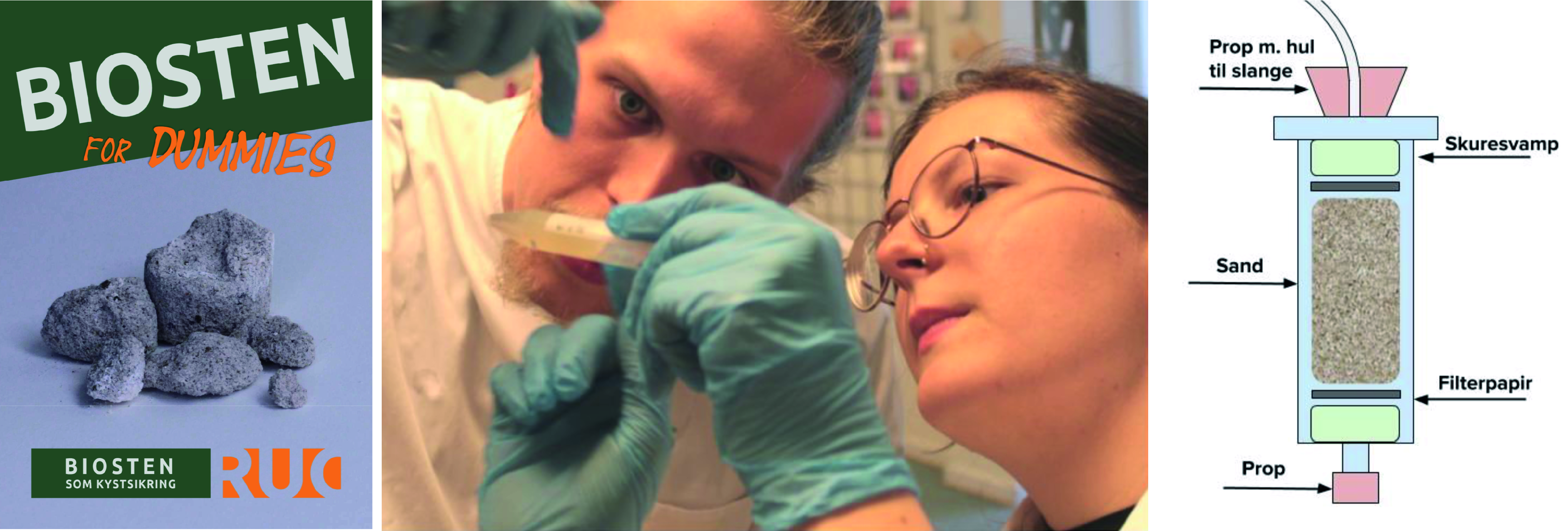
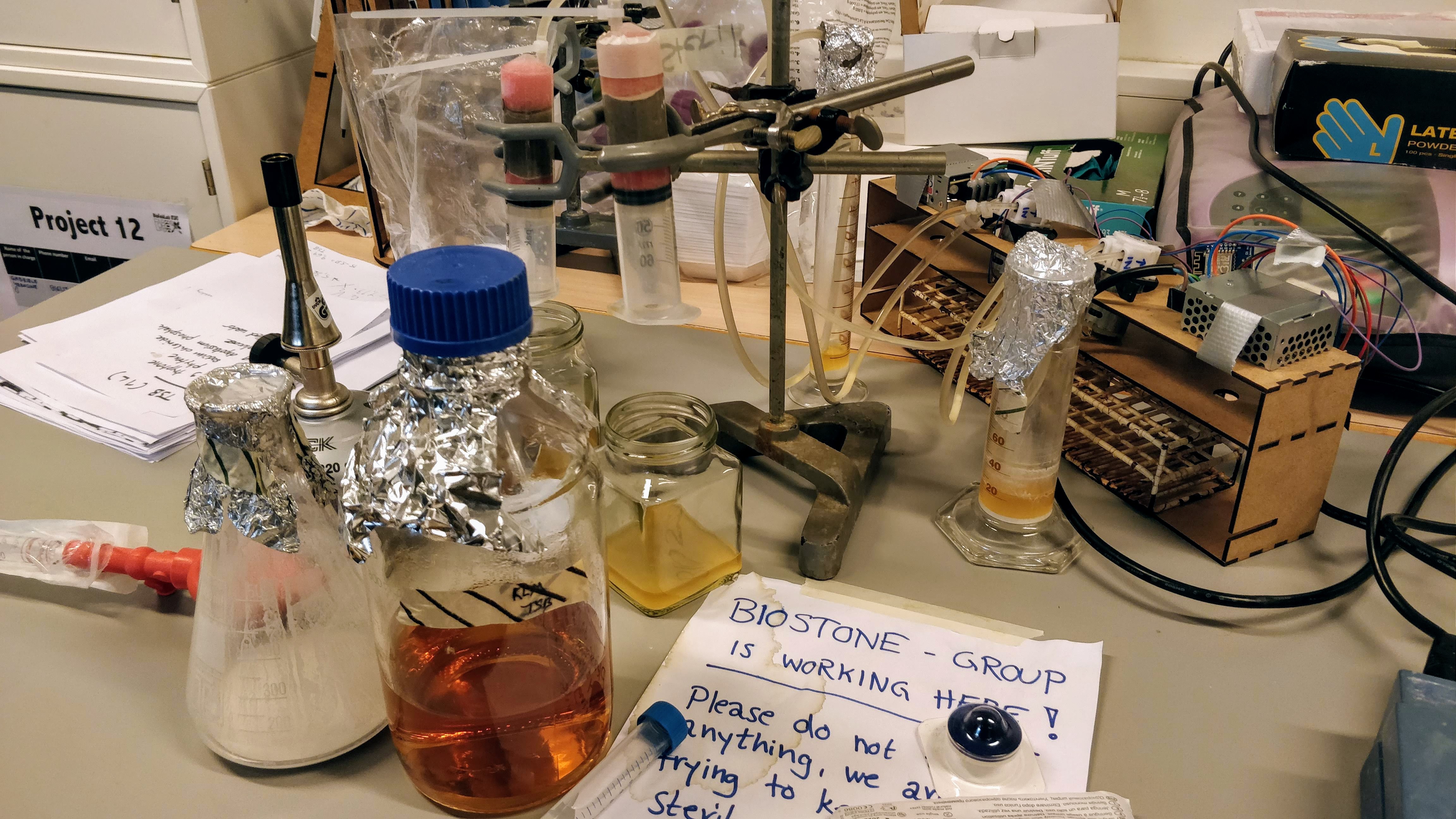
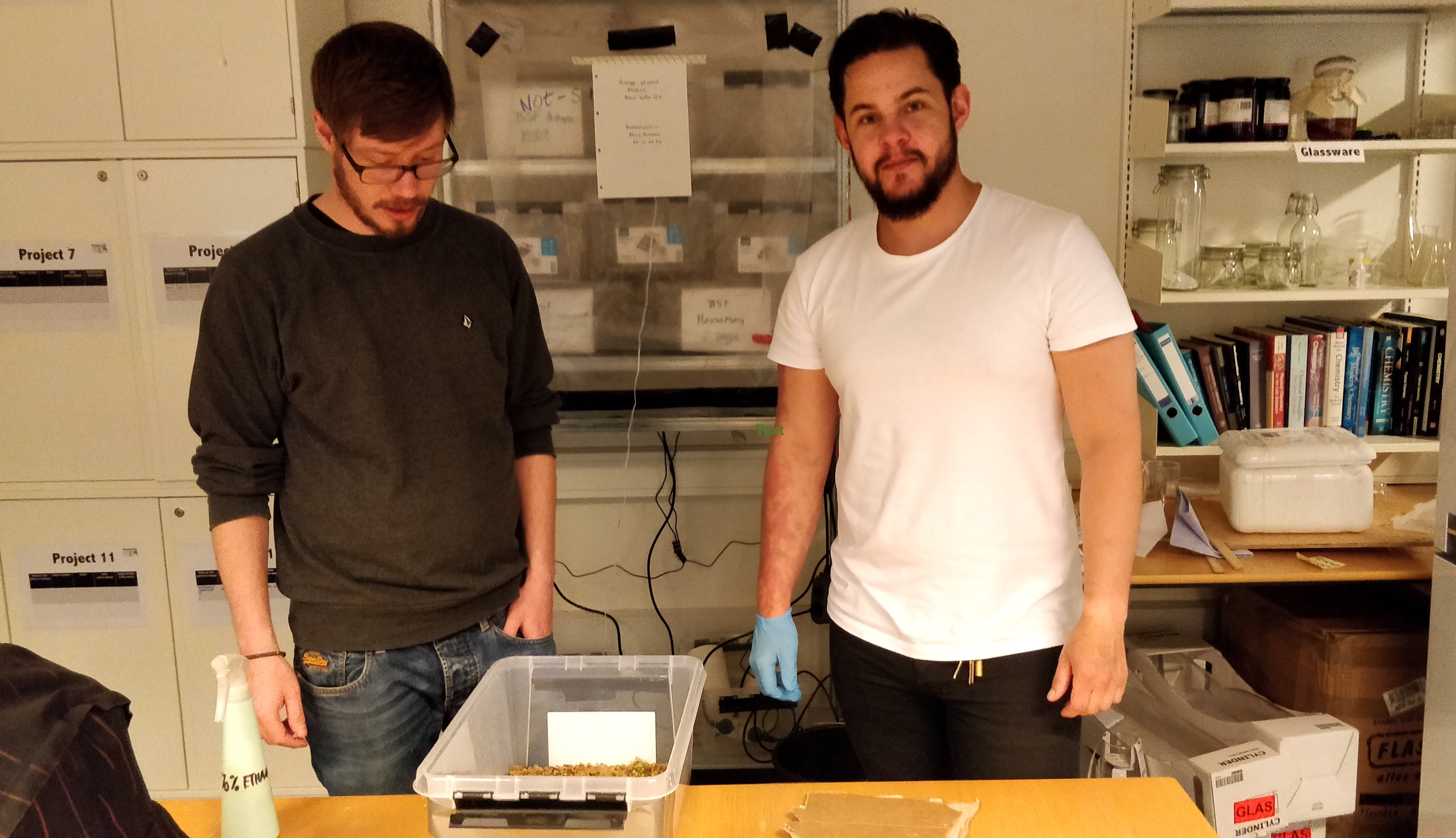
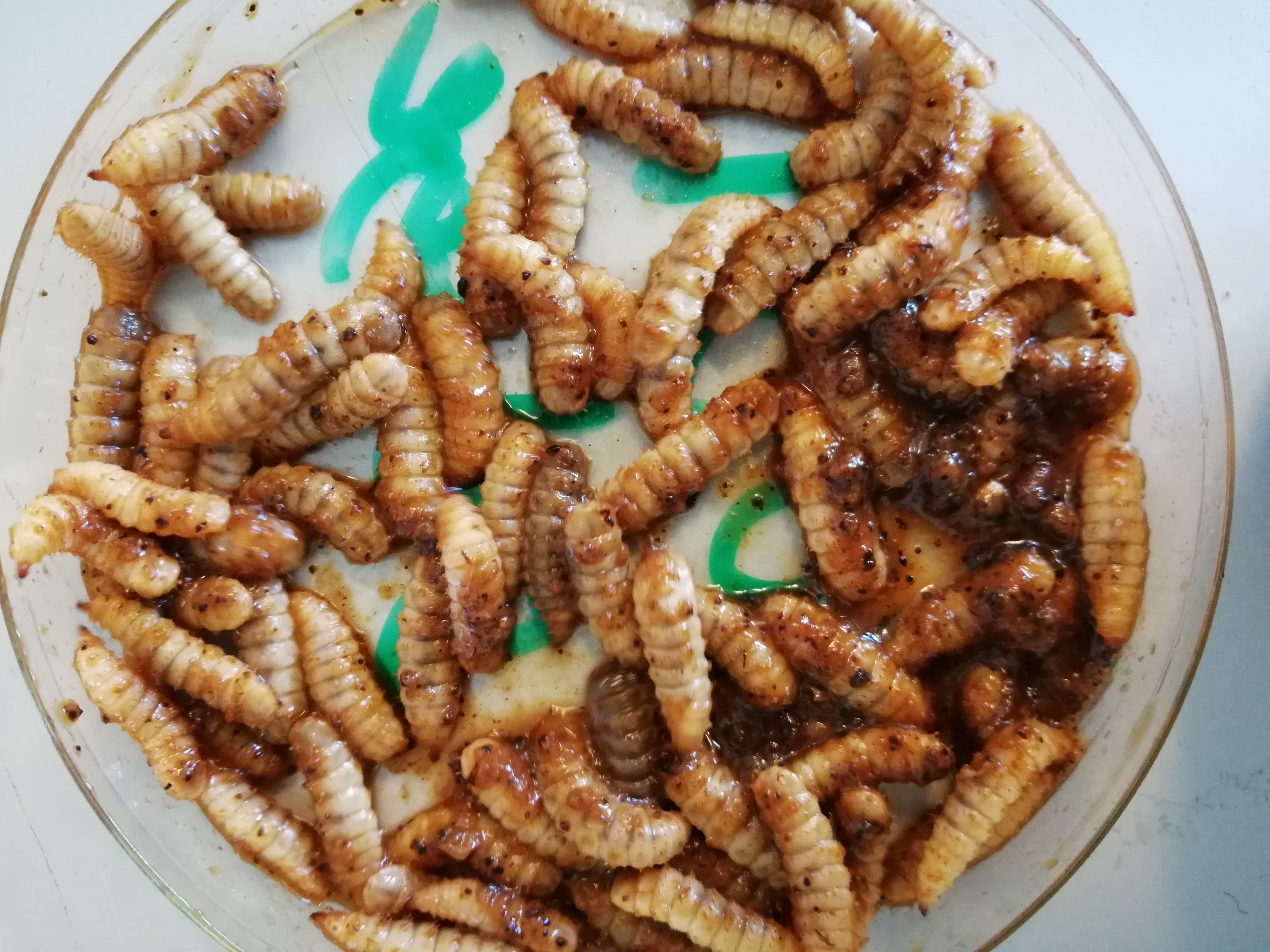
Photo: Martin Malthe Borch
